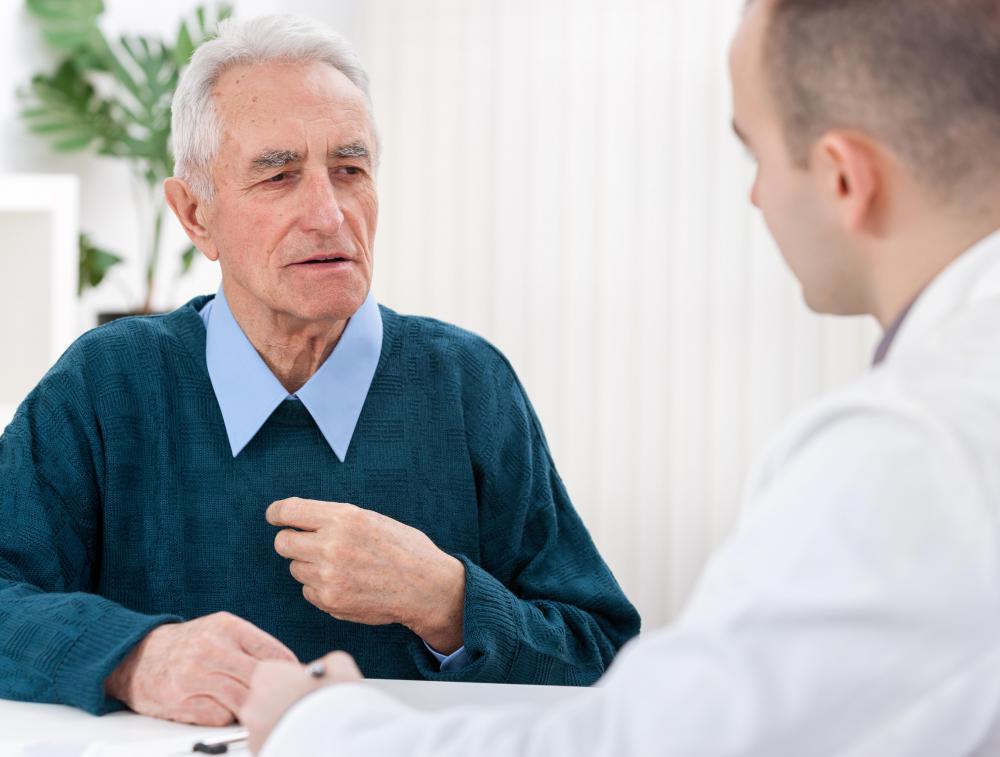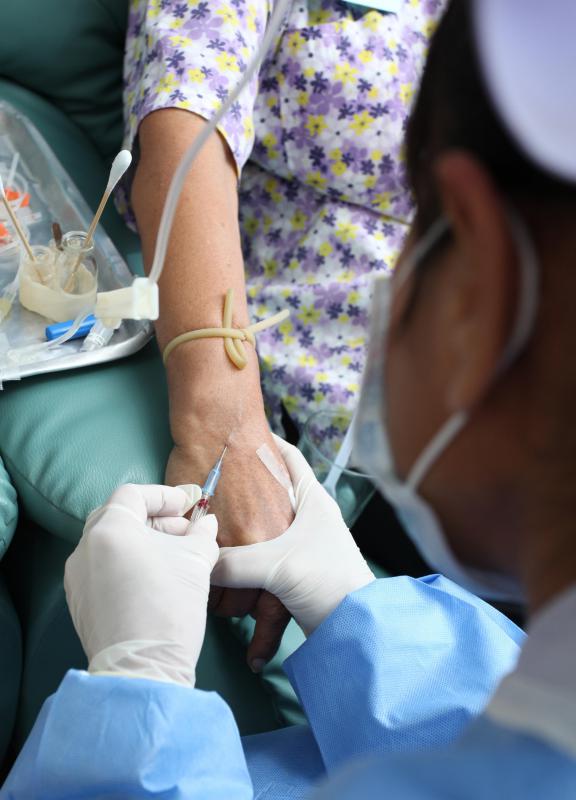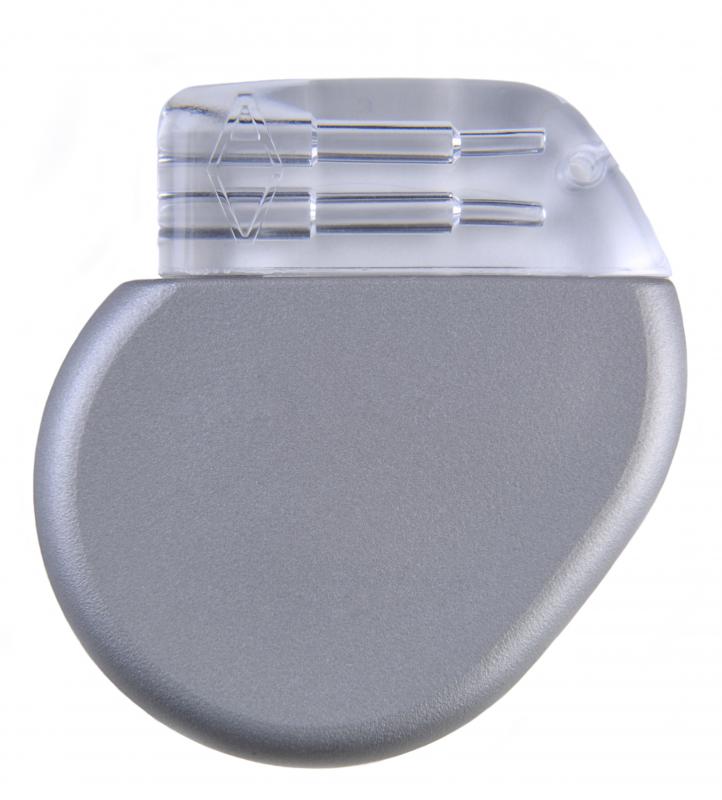At TheHealthBoard, we're committed to delivering accurate, trustworthy information. Our expert-authored content is rigorously fact-checked and sourced from credible authorities. Discover how we uphold the highest standards in providing you with reliable knowledge.
What is the Most Common Bradycardia Treatment?
The most common bradycardia treatment will vary based on the underlying cause of the condition. There are various reasons for bradycardia and each one may have its own common treatment methods. Before the correct treatment can be determined, patients are examined by a physician or cardiologist. Various common bradycardia treatments include medications, pacemakers, surgery, and in severe cases heart transplant.
One way doctors may determine the best bradycardia treatment options is by determining if the patient is having any symptoms. Bradycardia refers to slow heart rate and can be caused by many factors. Mildly slow heart rate may not result in symptoms, so the patient may not even realize he or she has bradycardia until a routine checkup is performed. Even then, whether or not treatments will be given depends on how slow the heart rate is and whether there is an underlying cause. In this type of situation, additional tests may be needed.

In many cases, the heart rate slows during a heart attack. The most common treatment in this type of situation usually includes intravenous (IV) medications that are used to increase the heart’s speed once again. Artery blockage is often to blame for heart attacks, so this condition will be treated using anti-plaque medications and sometimes bypass surgery if the blockage is severe enough.

One of the most common causes of bradycardia is internal damage that has been done to the electric impulses of the heart, either through heart disease or another illness. The most common bradycardia treatment for those with this condition is often a permanent pacemaker. This is a device which is inserted surgically into the chest which emits electrical impulses to get the heart beating at a regular rhythm. Pacemakers are most commonly used in the elderly to prolong life and improve overall condition. Younger patients may be eligible for other treatments, such as transplants, depending on the severity of the defect.

Heart medications, such as beta blockers, may also cause symptoms of bradycardia. Bradycardia treatment options in this case would include changing the dosage or type of medication being used, along with close monitoring of the situation to ensure that it gets better rather than worse after the medication has been altered. Other conditions such as thyroid disease and potassium deficiency may also cause bradycardia, in which case these issues will be treated rather than the bradycardia directly.

Symptomatic bradycardia may include symptoms like fatigue which disables the patient’s life and fainting. Bradycardia is often the result of other heart conditions rather than the cause, so knowing the symptoms of heart attack or heart disease is important to prevent severe bradycardia and other heart related issues. These symptoms can include fainting, dizziness, shortness of breath, a tightness in the chest that does not ease up upon changing positions, chest pain, and pain or numbness in the left arm, chest, or shoulder area.
AS FEATURED ON:
AS FEATURED ON:















Discussion Comments
There are so many different causes of bradycardia. It can even be caused by a low thyroid function which is what my roommate has. She has hypothyroidism. Apparently, thyroid hormones control many different things in the body such as metabolism, breathing rate and heart rate. So very low levels of thyroid hormones can cause a slow heart rate. My roommate is fine when she takes her thyroid medications. But when she doesn't, she becomes very tired and cannot do anything.
@bear78-- I don't know if it can be congenital, but bradycardia can definitely occur in infants. My nephew had it when he was born. He was a premature baby, son in his situation, that was the cause of the low heart rate. And just to clarify, babies naturally have a higher heart rate than adults. So in babies, bradycardia means a heart rate that is less than 100 beats per minute. So this should not be confused with the low heart rate for adults which is anything less than 60 beats per minute.
With my nephew, I think they gave him medication for the condition for a short time period. They kept him under observation when he was first born. But as he grew, his heart rate naturally became normal, so thankfully, he did not need any treatment beyond that.
Can bradycardia be congenital? That is, can a person have it from birth? What will be the treatment in this situation?
Post your comments